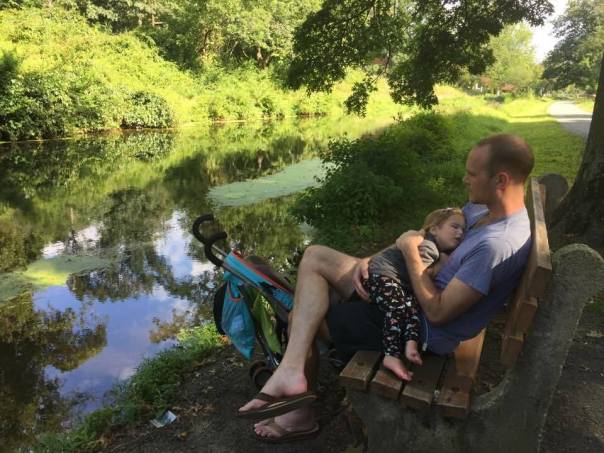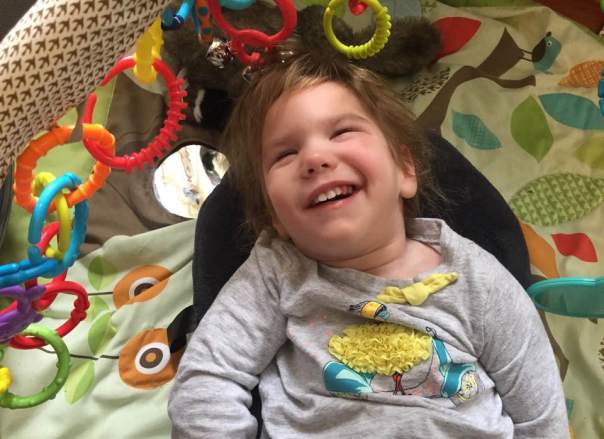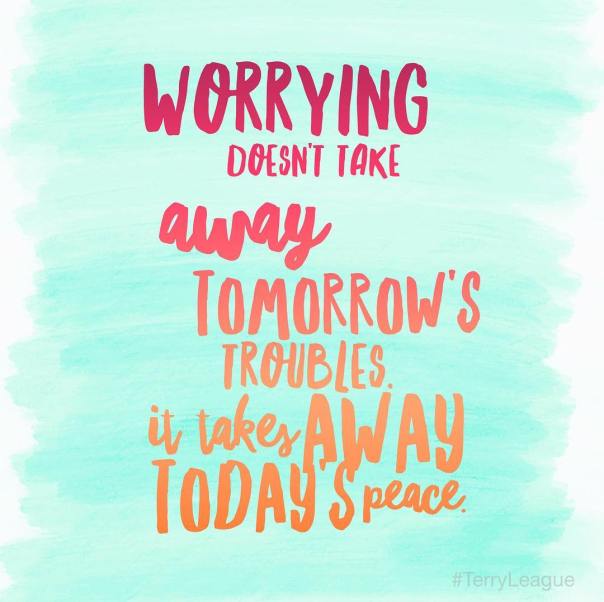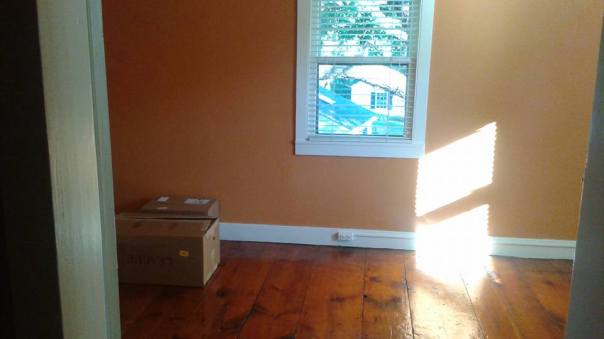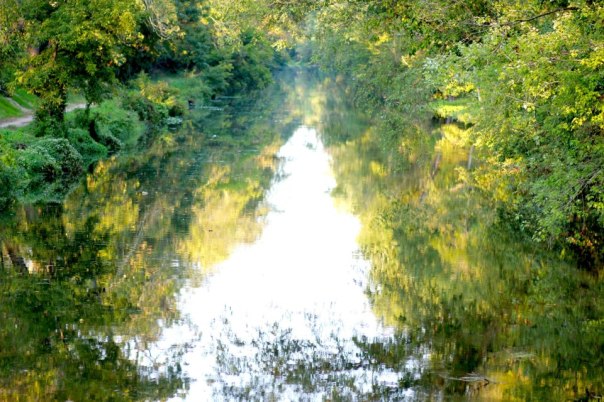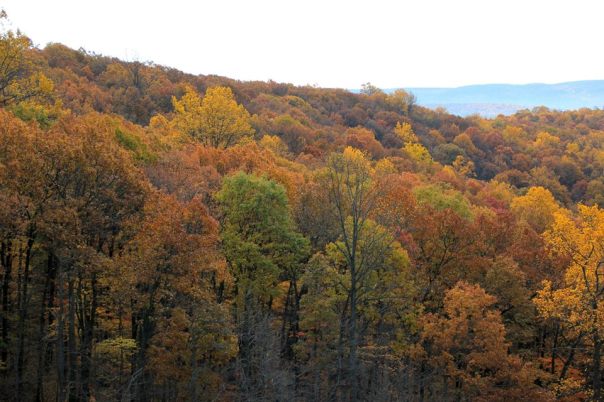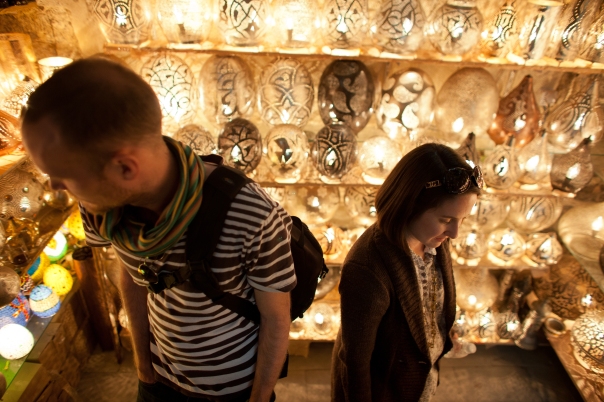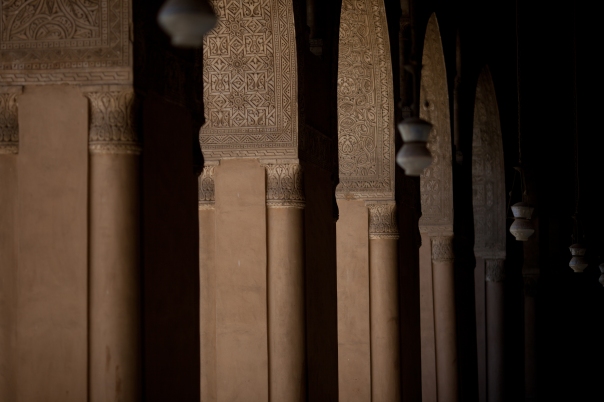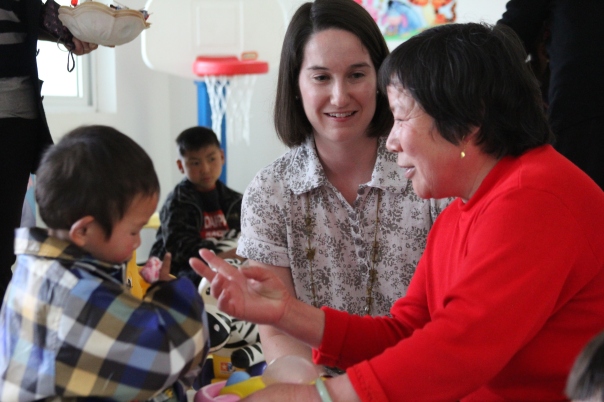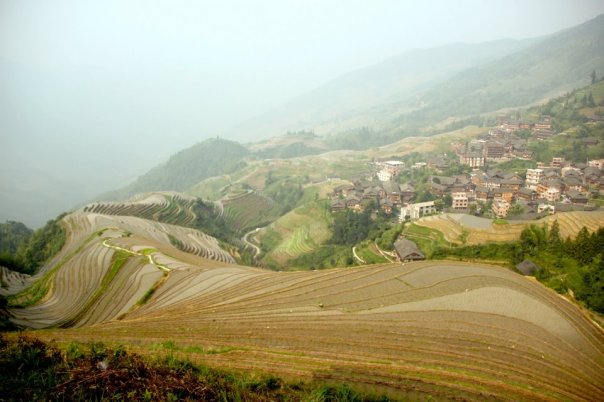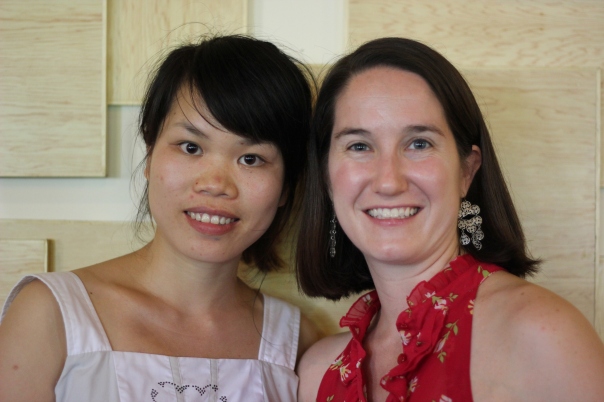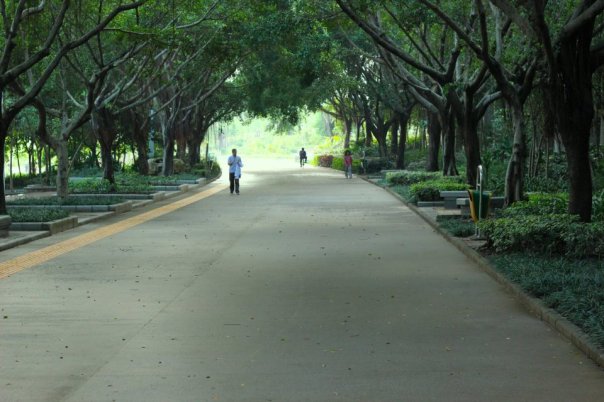For those of you who know me well, you know I’ve spent the last year reading almost everything I can get my hands on about the Enneagram and I’ve become somewhat of an evangelist for the personality tool among my friends and family.
Ironically my first foray into the Enneagram was not so entrancing–when I had to do a routine psych evaluation for ministry preparation, the instructor rather used my found type against me, arguing that perhaps it explained my aggression, hostility, and even atypical masculine characteristics! Among people who know the Enneagram well, it’s not a secret that female 8s get a bad rap and are often misunderstood. So that’s why it’s all the more profound that a few days ago, I think I finally realized what’s so powerful and meaningful about being an 8 in this world–a personality I haven’t always found so compelling or easy to live with.
Now if you’re new to the Enneagram, it may sound like I’m speaking another language. But simply put the Enneagram is a personality system that groups our personalities into 9 types, but unlike Myers-Briggs or other personality systems, you’re not easily diagnosed through a test, because it’s a dynamic, interactive, relational system. According to the Enneagram, the best parts of you are also the worst parts of you, so people don’t always find it “easy” or “happy” to find out their types, but thankfully, the system also allows for and encourages dynamic growth.
For my own part, and especially as an anthropologist, I think the Enneagram’s best, most basic reminder is that even if we’re from the same family, we don’t necessarily see the world the same way. But other ways of seeing aren’t bad; in fact, they’re what make the world a much more interesting and beautiful place! One of the best takeaways for me from learning the Enneagram is not just understanding myself better but also building more compassion inside myself for others in respecting and empathizing with the beautiful, perplexing ways they approach life that make the world a much more complicated, but fuller place. Essentially the Enneagram affirms one of the basic tenets of anthropology: our differences make us human!
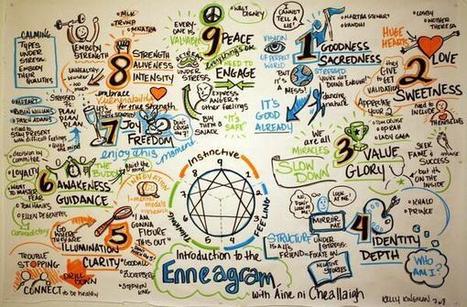
Therefore, if you’re interested in learning more about the Enneagram and even figuring out your type, I’d recommend that you read about all the types, and perhaps in lieu of taking a test, read some of these great descriptions of each type, paying attention to the core values, the things that make you tick (you can scroll down for my suggestions for further resources below). Enneagram types are complex in that they don’t tell you what a person’s vocation will be or whether they will be successful, but rather tell you more about that person’s motivation in life and some of the challenges they face and gifts that they possess.
But as I mentioned, when a lot of people find out their Enneagram type, they recognize it primarily because of the flaws they can see so clearly in themselves, while they fail to acknowledge or hone the strengths that inhabit their way of seeing the world. As an 8 (with a 7 wing), “the challenger,” someone who is a natural born leader, makes decisions incredibly quickly, and is fearless, I had been really struggling with an experience of vocational discernment as of late. In fact, because of these impetuous and quick-witted qualities, I kept remarking to my “spiritual director” that I suck at discernment: the waiting game, the listening game, the methodical weighing of options is just not me. And as someone who is much more inclined to rely on my mind rather than my heart, I bemoaned my lack of intuition.
However, this type of thinking ignores some of the qualities which make 8s truly exceptional. Because of my gusto, I am truly and uniquely fearless. This certainly becomes a weakness in that I may struggle to emphasize and understand the insecurities others often face on a daily basis, but in my own life, when I see a challenge, I am invigorated, affirmed, and inspired. Sign me up, I think. I’m all about taking risks, I scoff. Bring it on!
Thus, in my life when I have been able to reframe uncertainty and discernment as a challenge, I’ve been able to very quickly embrace the adventure that God has in store for me, not worrying about the consequences or the trials of that risk but plowing full steam ahead. (As I told one of my friends recently, I may be a battering ram, but I can be a battering ram for Jesus!) What I’ve noticed in discernment and uncertainty, though, is that I have a tendency, as many of us do, to try to usurp control (how very 8 of me) from God. I spin into full-on planner mode, determined to think through the details of my future, when the very best that God has for me may not even be visible yet.
My spiritual director has invited me to ponder God’s faithfulness by asking me, “Think of the five greatest things in your life. Which ones were you responsible for? Now which ones did God provide?” Indeed, as a person of faith, in spite of any Enneagram personality knowledge, I am committed to living the life that God has for me. And I’ve realized that this involves abdicating my long-term planning role to God. Ironically, uncertainty and long-term planning are two things that in my penchant to control, send me spiraling out of control, leading away from my strengths and gifts as a passionate 8 who leads with vision and conviction.

I’m not alone in these insights, though. There are many, many people of faith who have begun to draw upon the Enneagram for wisdom not just about who we are, but who we are in God. For me, I’ve started to see how unique it is that I love a good challenge and that I’m not afraid, and I’ve become even more convicted to strive toward the unique vocation (somewhere between anthropology and ministry) that God has for me, even though the world may not always understand that call. 8s are often known for being resilient and strong, and I realize now that this takes “guts.” Even though I may lack for what I termed intuition, I am at my best when I’m relying on and hungering after God, throwing all of myself into that new challenge and adventure!
How has the Enneagram helped you live more fully into your purpose in God? What lessons have you learned about God and faith by getting to know yourself better?
If you’d like to learn more about the Enneagram, I’d recommend listening to the Liturgists extensive podcast on all nine types, reading a bit about each type and then taking the “Essential Enneagram” test by David Daniels and Virginia Price, which is really just a series of paragraphs that you read seeing which one best describes you. I think this is the best way to discern your type, but the most important things are to 1) gain an appreciation for all types and 2) to take your time in discerning your type.
I also really like the Podcast, The Road Back to You, based on the book by Suzanne Stabile and Ian Morgan Cron, because it gives you an opportunity to listen to other people talking about their journeys in understanding themselves, others, and God through their types.
